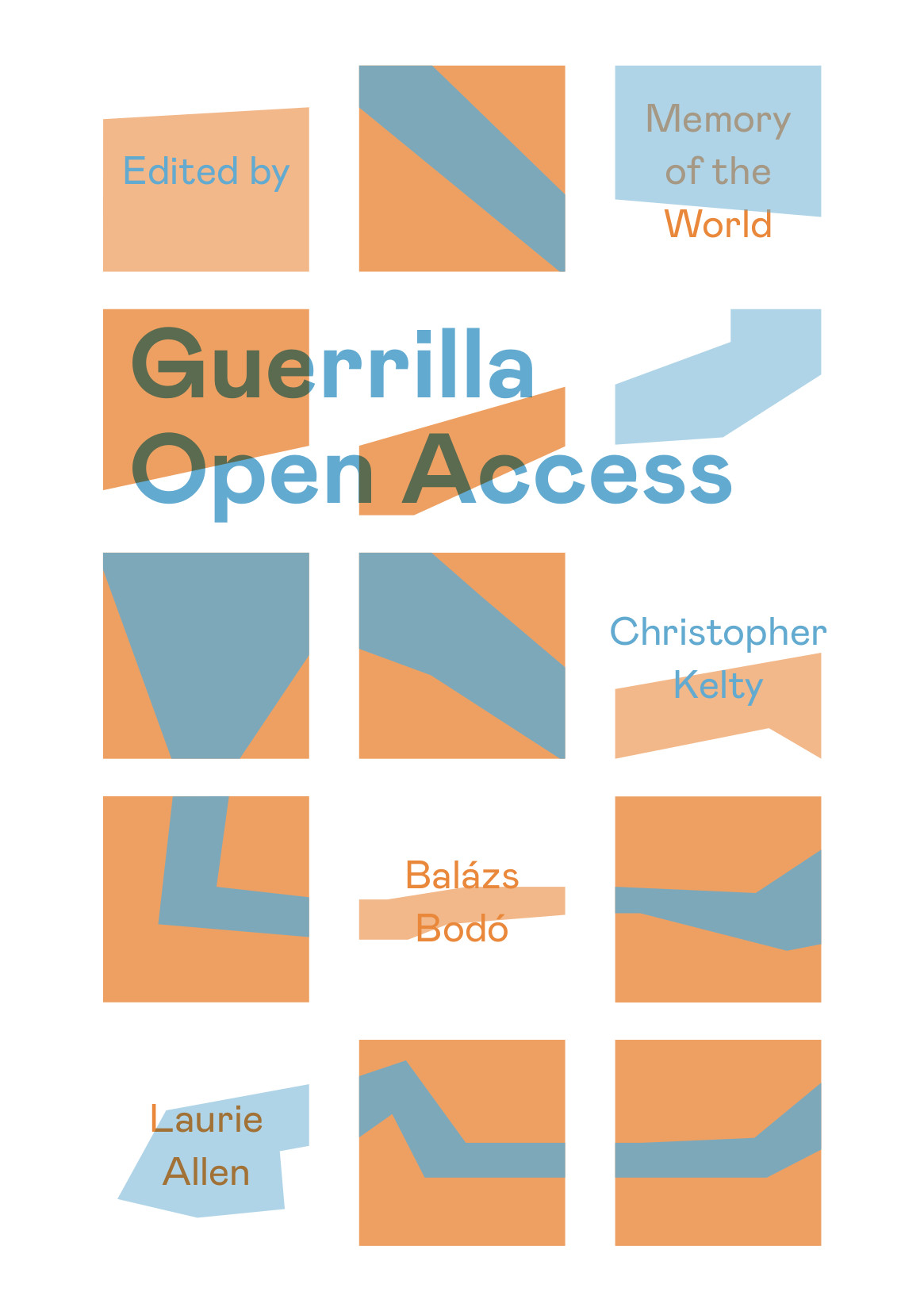Brian Holmes: Driving the Golden Spike: The Aesthetics of Anthropocene Public Space (2016)
Filed under pamphlet | Tags: · aesthetics, anthropocene, public space, theory

“The idea came to me, ironically, while driving around Chicago. It was high summer; I was on the city’s shattered West Side. The urban grid slid by outside the window, residential vernacular on its third or fourth recycle, parched and decayed, with a kind of lost and disjointed vibrancy. Eyes on the traffic, my mind rolled back over the city’s history: its canals and granaries and skyscrapers, its formidable industrial century since the arrival of the railroads in the 1850s, its suburban sprawl after the Great Fire of 1873, its postmodern decline made irreversible by the 1960s revolts and the capital flight that followed. Through it all, the university and financial sectors continued their endless rise. There is a profound violence to this place, but also a deep sense of regularity. Chicago is the race-riot city that turns civil strife into social norms, and splits atoms while abstracting material production into mathematical derivatives. Can you still experiment in a place that has successively been the transport hub, the stockyard, the workshop, the vitrine, the boxing-ring, and quite literally the laboratory of modernism? And what could this ideal of experimentation mean for our future, when its Promethean pasts have reappeared before our eyes as the new geological layer of the Anthropocene?” (opening paragraph)
Publisher Deep Time Chicago, September 2016
Creative Commons BY-ND 4.0 International License
19 pages
Video lecture (April 2016, 47 min)
Publisher
PDF, PDF
HTML (e-flux, Oct 2017)
Memory of the World (ed.): Guerrilla Open Access (2018)
Filed under pamphlet | Tags: · book, copyright, free software, knowledge production, open access, piracy, publishing, shadow library

“In the 1990s, the Internet offered a horizon from which to imagine what society could become, promising autonomy and self-organization next to redistribution of wealth and collectivized means of production. While the former was in line with the dominant ideology of freedom, the latter ran contrary to the expanding enclosures in capitalist globalization. This antagonism has led to epochal copyrights, where free software and piracy kept the promise of radical commoning alive.
As the contributions to this pamphlet indicate, the terms of struggle have shifted: not only do we have to continue defending our shadow libraries, but we need to take back the autonomy of knowledge production and rebuild institutional grounds of solidarity.”
With texts by Memory of the World, Christopher Kelty, Balázs Bodó, and Laurie Allen.
Publisher Post Office Press, Rope Press, and Memory of the World, Coventry, 2018
Radical Open Access II series
Creative Commons BY-SA 4.0 License
34 pages
Towards a Fairer Gig Economy (2017)
Filed under pamphlet | Tags: · economics, gig economy, labour, work

“Towards a Fairer Gig Economy is a small collection of articles examining the social and economic problems associated with the ‘gig economy’. The gig economy includes a wide range of labour carried out by workers providing services as couriers, taxi drivers, online freelancers and more. Issues examined include an over-supply of labour, falling wages, long hours and poor working conditions. Each article makes suggestions for how these problems can be addressed and how a fairer gig economy can be built: including through regulation, collective bargaining and wider policy recommendations. The collection’s contributors include cycle couriers, union organisers, academics and researchers.”
Contributors: Janine Berg, Christina Colclough, Mags Dewhurst, Dawn Gearhart, Philip Jennings, Guy McClenahan, Trebor Scholz, M. Six Silberman, Nick Srnicek and Valerio De Stefano.
Edited by Mark Graham and Joe Shaw
Illustrations by Irene Beltrame
Publisher Meatspace Press, 2017
Creative Commons BY-NC-SA License
ISBN 9780995577664
34 pages

